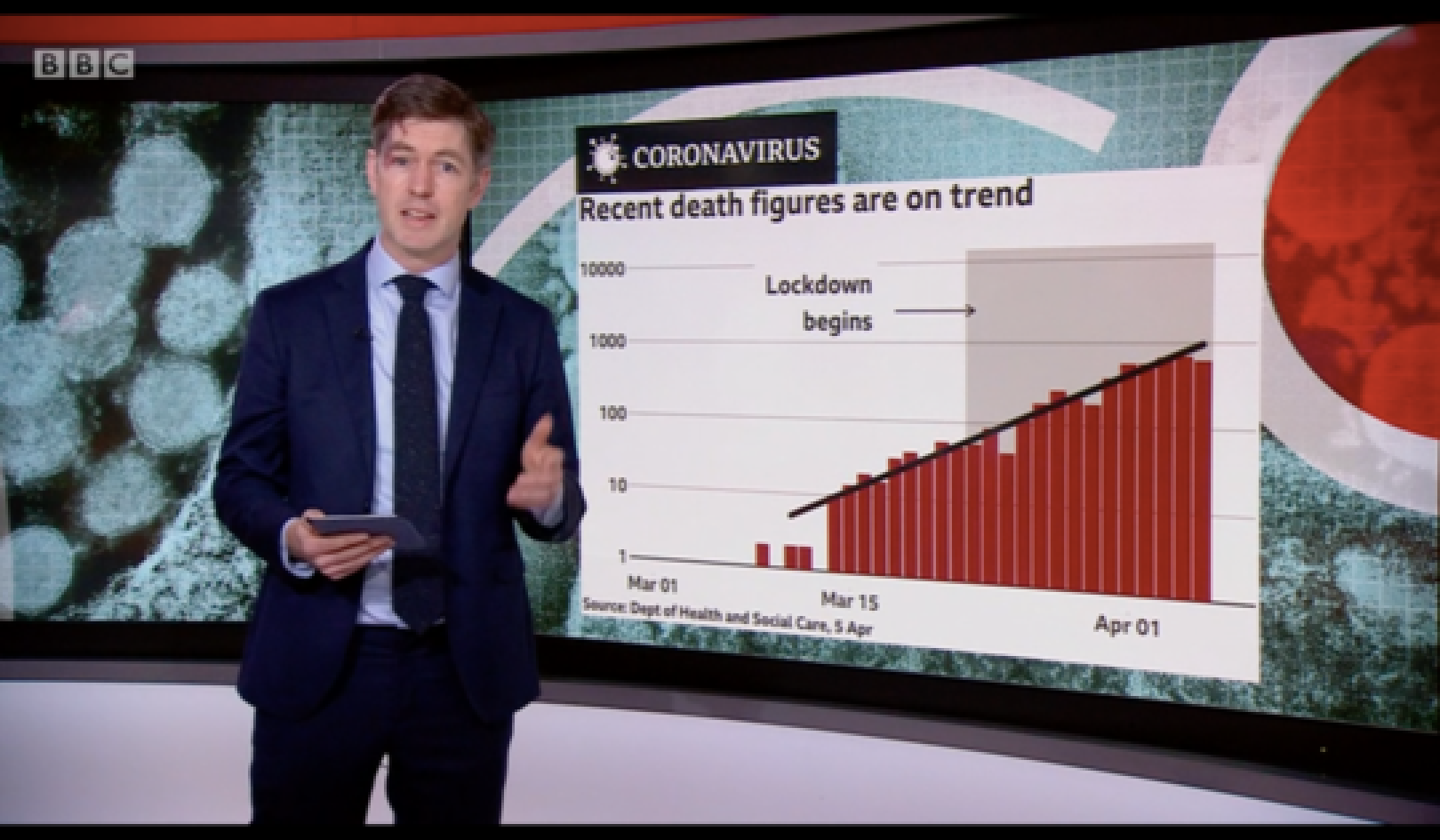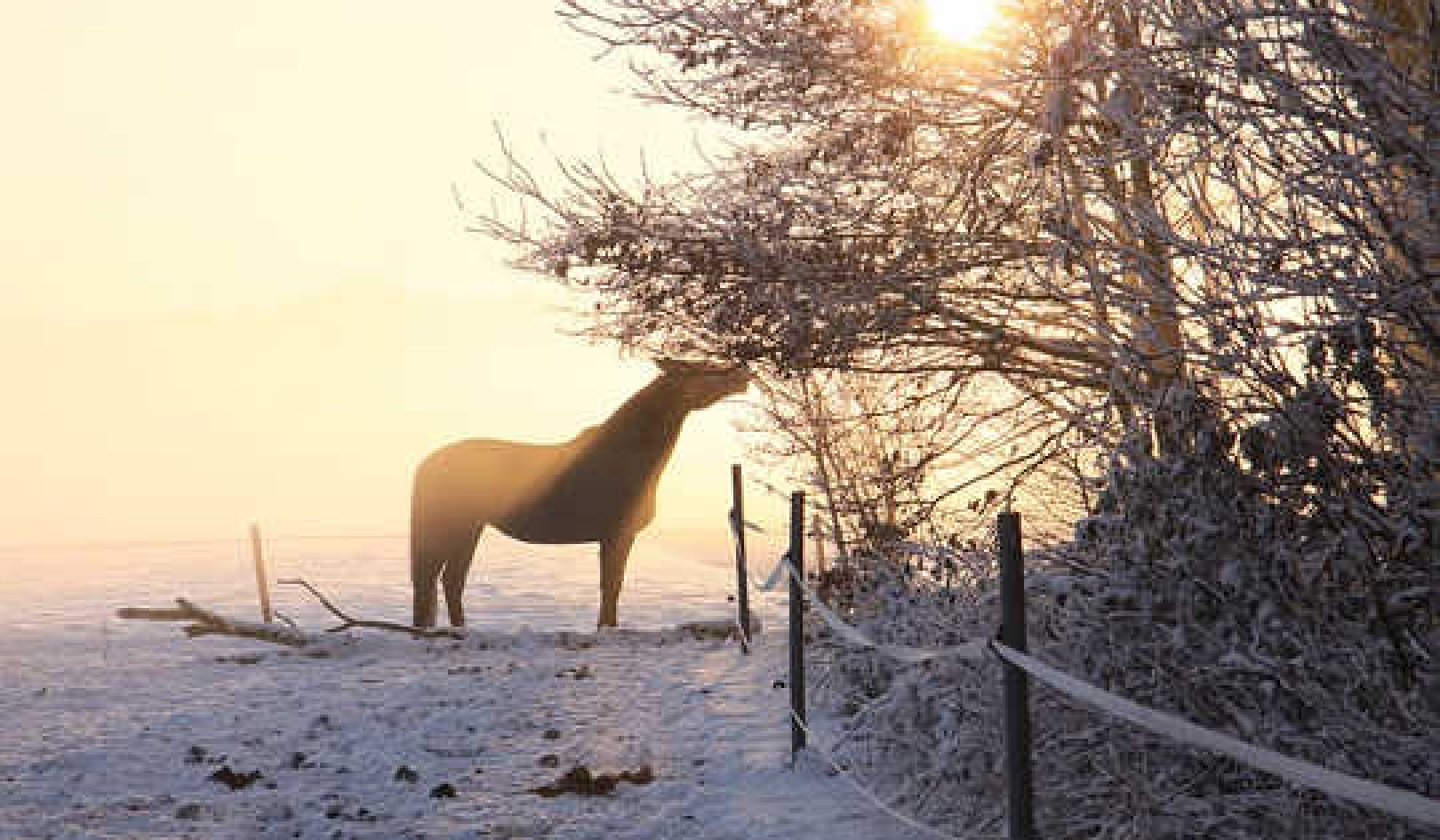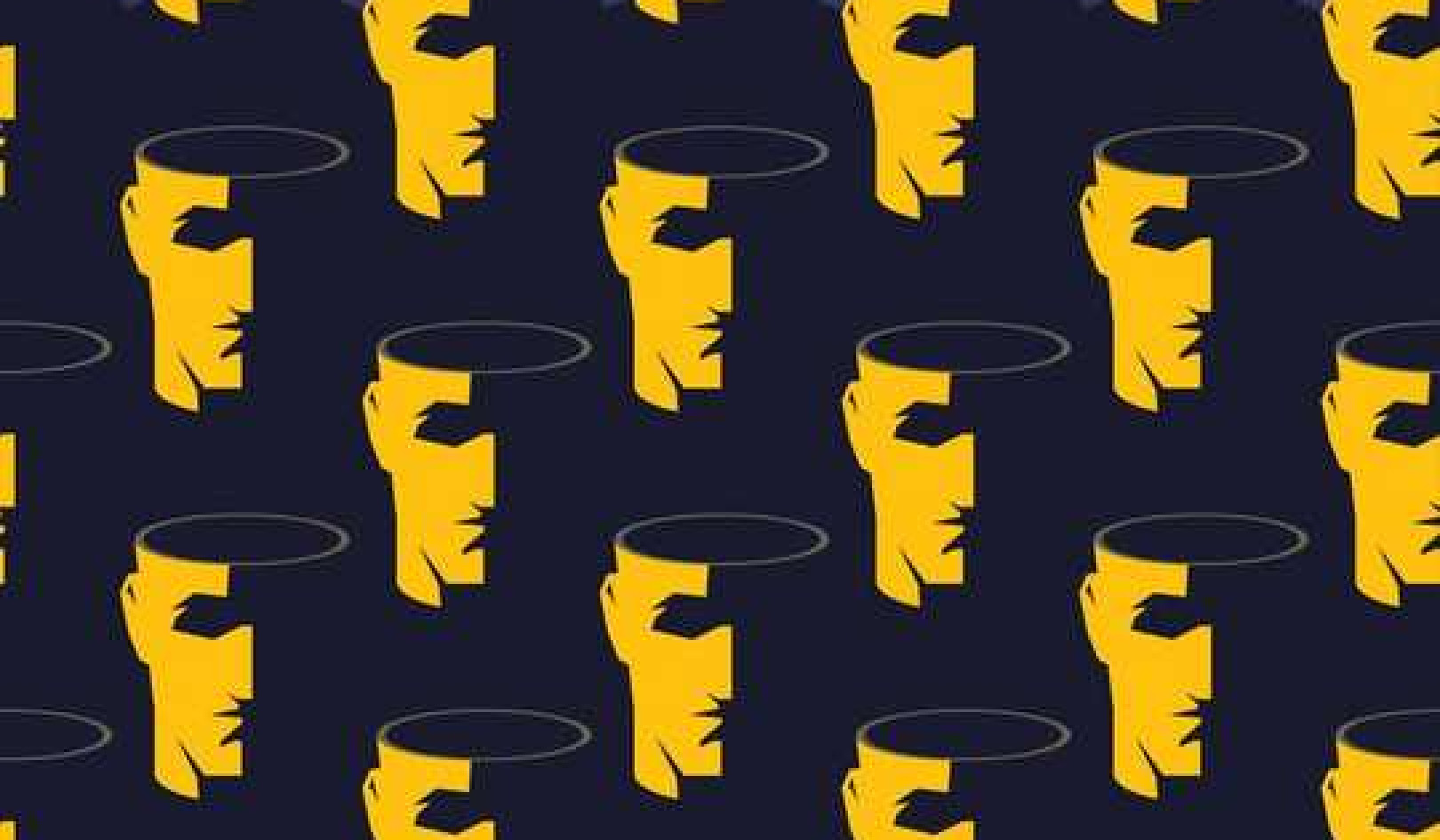
At times, it can feel like adults are speaking a completely different language when talking to young people. Even small generational divides feel like gaping chasms as each party tries to relate their experiences in a way the other will understand. This is not just a parental matter: young people are often disregarded as stereotypes of their generation – millenials, hipsters, hoodies – by much of society. But young people have now and always will have a powerful voice.
A range of valuable research conducted with young people has enabled young people to collaborate in research projects and share their views, but these studies are still often designed by adults to their own agendas. So rather than signing up reviewers for a new collection of essays on gender, class and identity in Wales we were publishing we decided to instead ask young people to critique the book, tell us what we got wrong, what was missing and what was important to them.
The book had three themes centred on Wales: Welshness, language and identity; education, labour markets and gender; and public life, social policy, class and inequality. We invited a range of young people, aged 13 to 23, from a community-based arts initiative to attend workshops, and create music videos and audios around the three themes, and style photographs to illustrate or question each of the 12 central chapters.
What we learned gave us far more insight into the contributors' cultural identity than a simple question and answer interview ever could.
Youth identity
In terms of Wales, Welshness, language and identity, some of the young reviewers, told us that our book did not allow an adequate discussion of migration and ethnicity. These reviewers had African heritage as well as identifying as Welsh and were further concerned that there was no discussion on how people negotiate a hybrid identity. The chapter in question talked about the arts as well as education in the medium of the Welsh language and identities and inequalities linked to gender – but not issues of ethnicity. Responding to this, the participants wrote and performed a song, “Hybrid Identity”, to explore the issue, and discuss being both Welsh and retaining their African heritage, and discrimination.
{youtube}lECT5lxl7os{/youtube}
The lyrics concisely express feelings that the participants may have otherwise struggled to articulate: “I’m mixed race, a descendant of many nationalities; It’s a shame people have tried to use that to embarrass me”. They also celebrate their multiple connections with nation and place: “Tell them why being hybrid is so great.”
Work and school
Our discussions of education and work in the book were centred on gender and inequality. We looked at non-traditional, mature students in higher education as well as the exploitation of teachers, divisions in pay, zero hours contracts, and in-work poverty. But the young participants felt that our writing did not communicate the everyday experience of school from the student’s point of view, and in particular, bullying and the pressure to have the right body image. In response, Tasha Harvey recorded her track Beautiful.
{youtube}A93uWd6FAjc{/youtube}
Although bullying had not been covered in a specific section of the book, “Beautiful” put the topic on the agenda, and it was then explored in the concluding chapter. The song powerfully communicates the devastating impacts of bulling and feelings of hopelessness: “Day after day thinking that it would end, and for them to stop and just be her friend.” The song’s story ends with the protagonist’s death and it communicates a warning and call for help for young people negotiating the darker side of school life.
Social and public life
Responses to the theme Welsh public life, social policy, class and inequality were explored in the song: “Politricks”. Inequality and division was centralised: “Heard the food banks taking donations. Sports cars cruise past the bus station.” There was also a frustration with the political system: “New promises, old legislation; it’s not a solution it’s a dictation. Look at the real problems we’re facing”. As well as a search for answers: “conspiracy theories make more sense than the truth; that’s why they’re so popular with the youth”.
{youtube}KOrPYVXq32I{/youtube}
In looking forward to the evolving future of the nation it is clear that many issues which directly affect the youth of today – such as bullying and racism – need attention, and that government cuts are a threat to ideologies of equality and community. But to gauge what the younger generations want to happen to their own futures, we need to change the way we think. Policy documents and traditional research are all well and good, but there needs to be an understanding of how young people are expressing themselves in different ways, whether through social media, music, art or some other format. Only then can we respond and act and start listening.
About The Author
Dawn Mannay, Senior Lecturer in Social Sciences (Psychology), Cardiff University
This article was originally published on The Conversation. Read the original article.
Related Books
at InnerSelf Market and Amazon

























